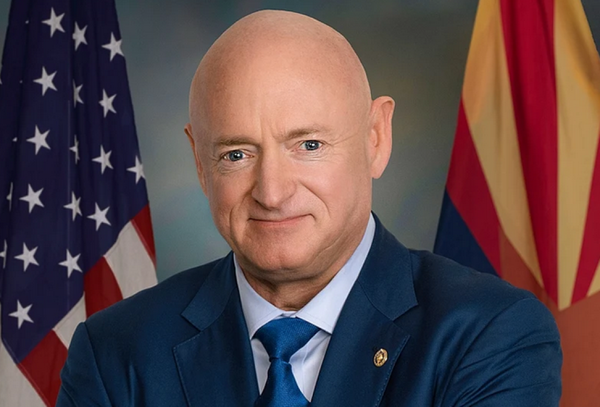
White House
Possible Harris VP Choice Wants Big Tech and ISPs to Support Rural Fund
Democratic Senator from Arizona wants to lower the cost of high-speed internet for consumers and rural providers.

White House
Democratic Senator from Arizona wants to lower the cost of high-speed internet for consumers and rural providers.
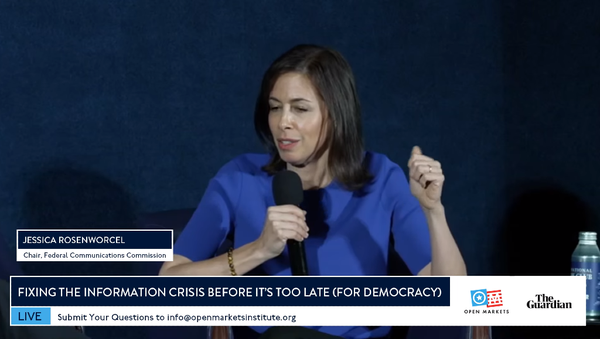
Big Tech
‘It’s a conversation I think we should be having,’ FCC Chairwoman says
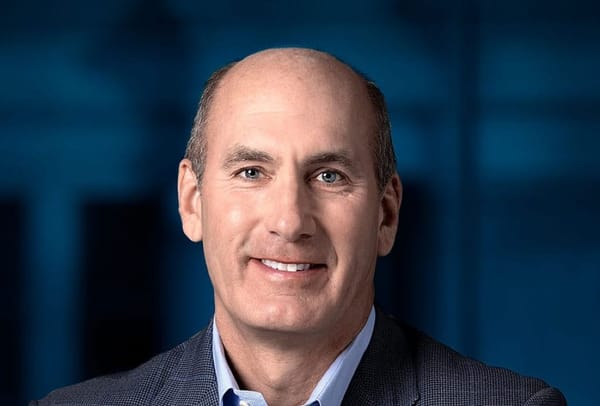
USF
‘Why shouldn’t [Big Tech] participate in ensuring affordable and equitable access to the services of today?’ AT&T says
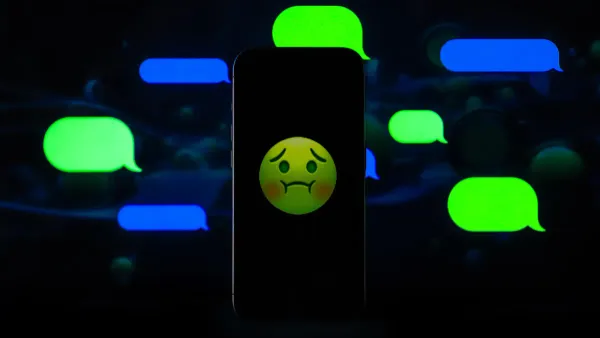
Antitrust
The dispute has been described as the Blue Bubble (iPhone) vs. Green Bubble (Android) debate.
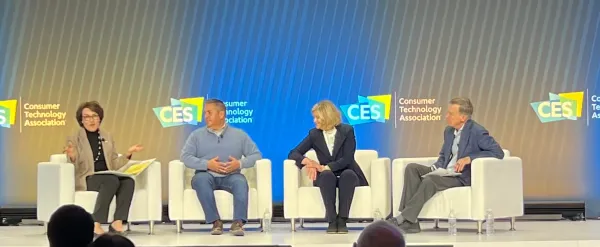
AI
Lawmakers called for guardrails on AI systems and more ACP funding.

DISH Network claims to provide 5G service to 240 million Americans, 70 percent of the population.
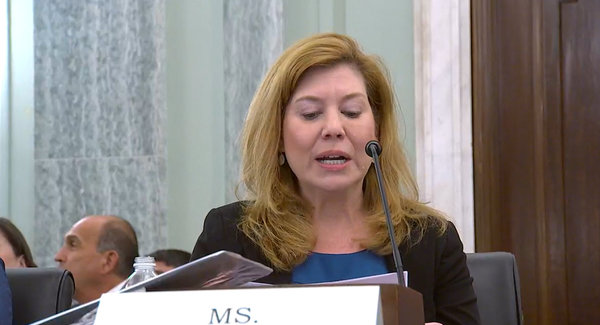
Universal Service
Including all broadband internet revenue will alter the internet in uncertain ways, claims expert.
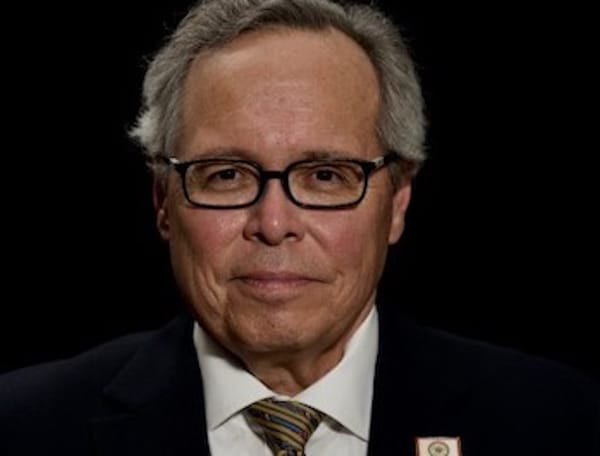
FCC
One Eye was given ‘ample opportunity’ to address robocall traffic, FCC said.
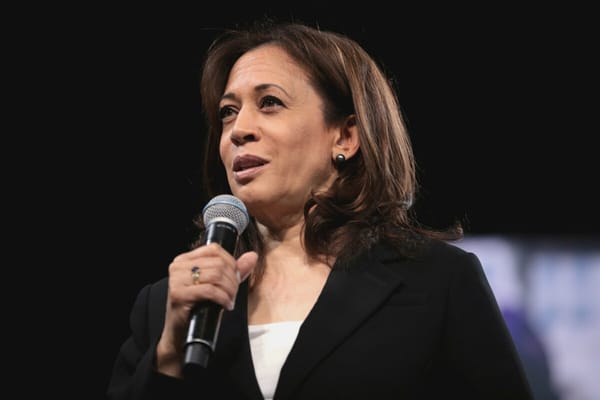
AI
The Biden administration announced $140 million in new funding for national AI research.
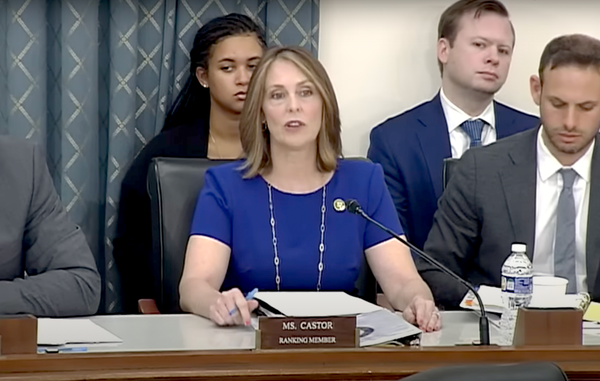
Privacy
The $200 billion industry specifically targets children and other vulnerable populations, experts said.

Big Tech
TikTok CEO Shou Zi Chew’s recent testimony left Congress with more questions than answers.
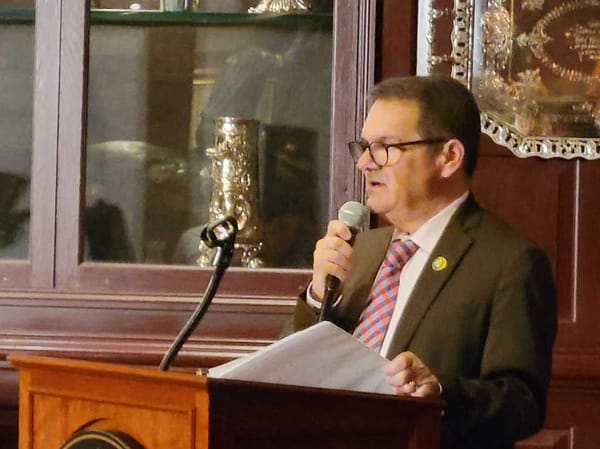
Big Tech
Watch the start of the Big Tech & Speech Summit from March 9. Sign up for full webcast.
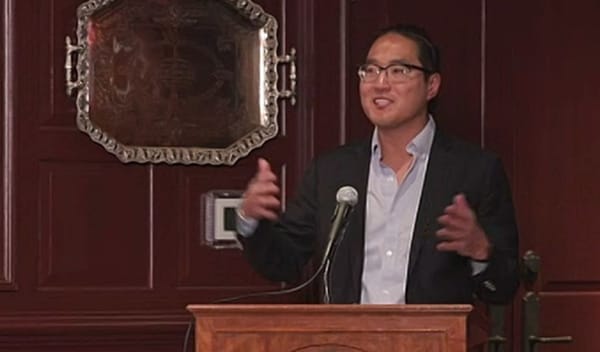
AI
Congress should shift focus from speech debates to regulation on emerging technologies, says expert.
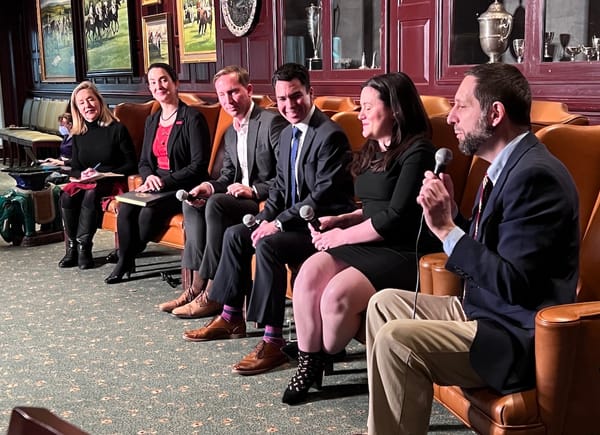
Big Tech
Should a federal privacy law pre-empt state laws?
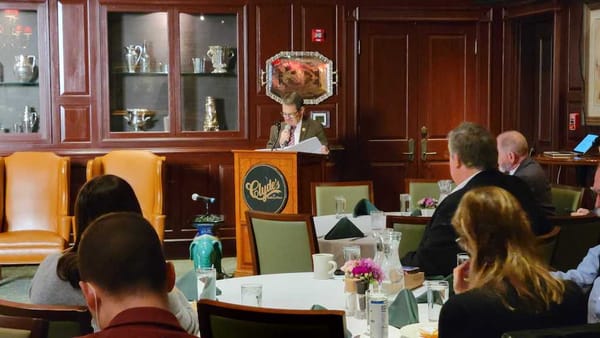
Big Tech
The federal parties have opposite aims as to what to do about Section 230.

Big Tech
Those who take advantage of this offer can watch the entire day’s program, follow along on Twitter with #BTSS.